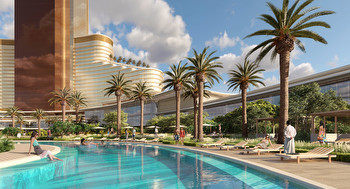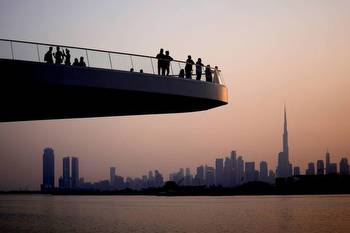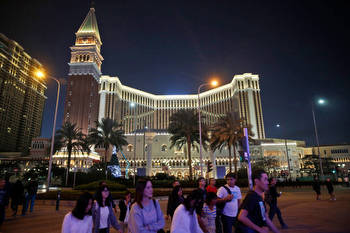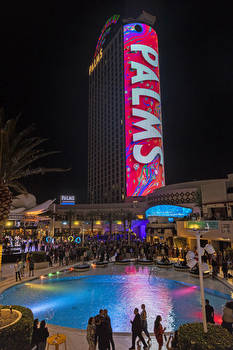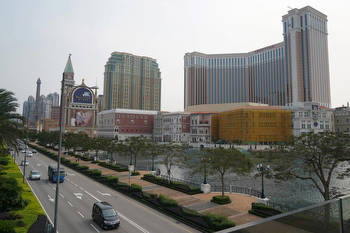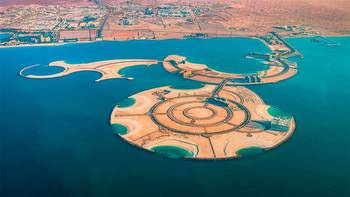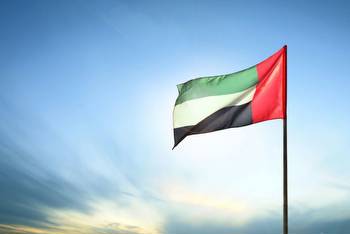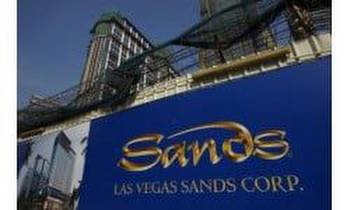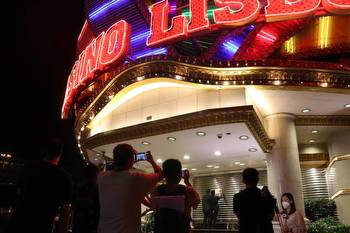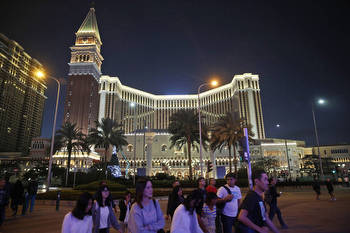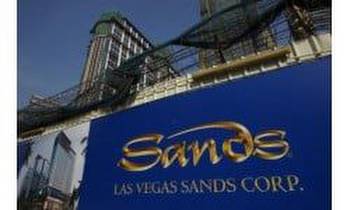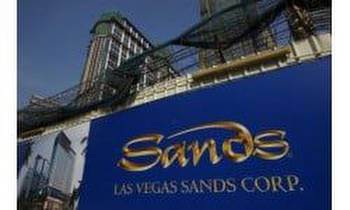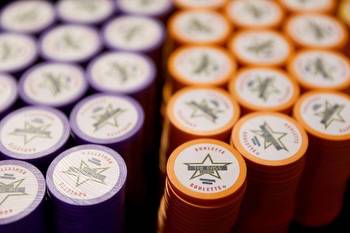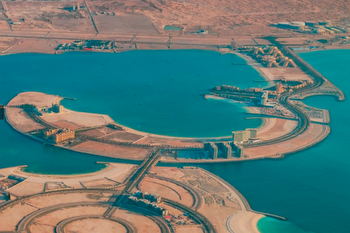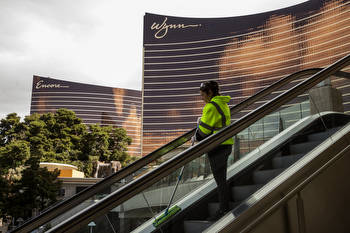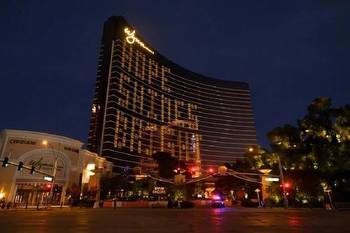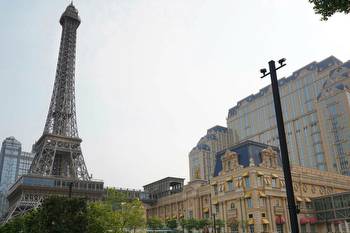Will the United Arab Emirates become the ‘Las Vegas of the Mideast?’
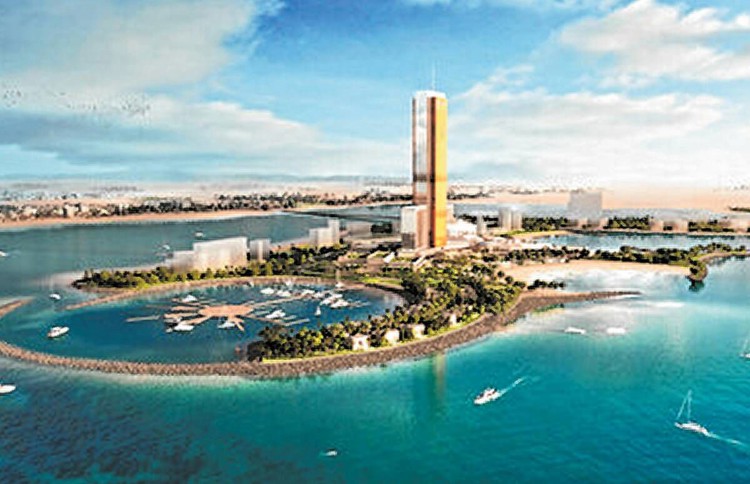
It was the late 1990s when anyone in Southern Nevada started thinking about Macao as “the Las Vegas of the East.”
Now, we should start thinking about the United Arab Emirates as “the Las Vegas of the Mideast.”
Las Vegas Sands Corp. was one of the early believers in Macao, the densely populated, 12.7-square-mile enclave at the mouth of the Pearl River in southeastern China that had been a Portuguese colony since 1557.
Just as control of Hong Kong was relinquished by Great Britain to China in 1997, Portugal turned over Macao to the Chinese on Dec. 20, 1999.
It hasn’t been the same since, thanks to a decision to turn a gaming monopoly into a competitive landscape under a bid process.
Sands eventually became one of Macao’s concessionaires, and today, it’s the market leader there.
In my first of several trips to Macao, I can remember Las Vegas Sands Chairman and CEO Sheldon Adelson proudly unveiling a model of what he coined “the Cotai Strip,” a wide boulevard similar to the Las Vegas Strip, lined with casino resort properties. Sands came up with that name after infilling Seac Pai bay in the Pearl River estuary between the existing islands of Coloane and Taipa. The Venetian Macao, an integrated resort that’s similar to but larger than The Venetian property Sands built in Las Vegas, anchors the Cotai Strip.
Report on UAE gaming
About 3,600 miles west of Macao is Dubai, the largest city in the United Arab Emirates. Analysts from Las Vegas-based CBRE Capital Advisors visited the UAE in May and prepared a 64-page report on why they think the United Arab Emirates is the world’s next gaming frontier with a deep dive into the emerging gaming jurisdiction from an equity and credit investor’s perspective.
The CBRE team concluded that the development of integrated resorts and casino gambling in the UAE is one of the most attractive global gaming opportunities available today.
“We anticipate an operator-friendly environment given the country’s progressive approach to attracting investment and tourism,” one of the bullet points of the report’s executive summary says. “We expect an efficient regulatory process, unlike other jurisdictions such as New York and Japan that have been riddled with delays and setbacks. This, coupled with a favorable long-term economic growth outlook and very limited competitive gaming supply in the region, make the UAE a very attractive IR opportunity.”
Sands was one of the first to the market in Macao. In the UAE, it appears Wynn Resorts Ltd. has the inside track to be the first gaming company to open a casino-resort, thanks to Wynn working directly with one of the seven emirates, Ras Al Khaimah.
Wynn Design and Development’s 90 designers and architects are working with Marjan and RAK Hospitality Holding to build the 1,542-room luxury hotel housed in a nearly 1,000-foot tower on a beach of the Arabian Gulf. As of early May, the tower had already reached 130 feet and the resort is due to open in 2027.
High returns at Wynn property
The CBRE analysts believe Wynn Al Marjan Island should generate strong returns, high property margins and a greater non-gaming mix than Macao and even potentially the two integrated resorts operating in Singapore.
“This should be driven by strong underlying demand, an anticipated favorable regulatory construct (low gaming tax), and limited direct competition,” the CBRE report says.
If the other emirates follow the same course as Ras Al Khaimah, then other Las Vegas companies could be in the mix for the development of resorts there.
CBRE listed Sands, Caesars Entertainment Corp. and MGM Resorts International as potential developers. Others with possible interest include the Genting Group, which operates Resorts World Las Vegas, Hard Rock International, which is in the midst of transitioning The Mirage to Hard Rock Las Vegas, as well as Asian resort developers Galaxy Entertainment Group, Melco Resorts and SJM Holdings.
Over the years, Macao has shown plenty of ups and downs through economic downturns and pandemics, and Sands has maintained its course there.
May results showed Macao had its highest gaming win since 2019, so it’s clearly in an upswing.
So is the UAE.
The Review-Journal is owned by the Adelson family, including Dr. Miriam Adelson, majority shareholder of Las Vegas Sands Corp., and Las Vegas Sands President and COO Patrick Dumont.








